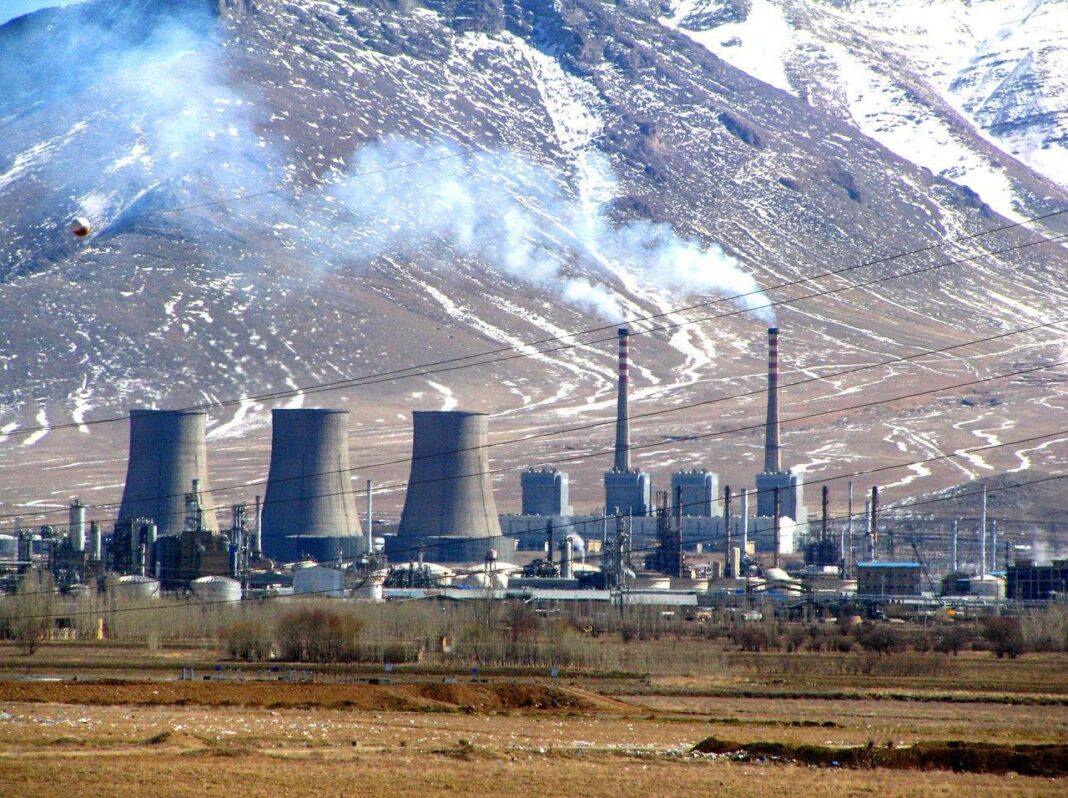Deputy Managing Director of Tavanir- Iran’s Power Generation, Transmission and Distribution Management Company- Mostafa Rajabi Mashhadi made a statement to the Islamic Republic News Agency. He said that the power plants within Iran would be allowed to function as Bitcoin mines provided they comply with approved tariffs and are issued the legal license.
He has said that all the power plants considering this venture are not allowed to use subsidized fuel to carry out crypto mining.
“Now we’re in a situation where the supply of electricity is of great importance to the public,” Mashhadi said. “We will not allow anyone to misuse tariffs provided for the agricultural and industrial sectors to produce Bitcoin while it’s worth more than $9,000.”
Rajabi Mashhadi also stated that permits in Iran had been given to fourteen mining farms. Each of them is operating with a capacity of three hundred megawatts. Additionally, as many as thousand bitcoin licenses were issued for primary mining operations like Iminer.
Power in Iran
Miners for long have been setting up operations within Iran to profit from the subsidized electricity rates that the country provides. Data has shown that mining farms within Iran need to pay small amounts like $.01 to $.05 for using one kilowatt-hour of electricity.
However, these rates increase by four times at the peak of the summer season. This prompted Tavanir to announce that it will now cut as much as forty-seven percent of electricity tariffs for all the miners when the consumption reaches its peak.
Cointelegraph reported in January that Iran’s Ministry of Industries, Mining and Trade issued as many as 1000 licenses to crypto miners after the government authorized their functions as approved industrial activity in July 2019.
As per IRNA, a spokesperson for the electrical industry has said that 14 crypto miners within Iran recently asked for more than three hundred megawatts of power- which is equal to the total usage of three provinces within the nation.
The tariff scheme for cryptocurrency miners in Iran depends on many market factors like fuel prices prevalent in the Middle East. Mining needs a lot of power. However, Iran’s electricity is comparatively cheaper when compared to other countries in the world. Mashhadi had estimated back in 2019 that producing a single Bitcoin will cost as much as $1400 of state subsidies.
Furthermore, if anyone exposes the illegal operation of cryptocurrency miners in Iran, they will receive a high bounty of hundred million Rials, or $2375.
President’s Word
President of Iran- Hassan Rouhani has only recently ordered that the government draw up a fresh national approach in the upcoming crypto industry. President Rouhani headed the country’s economic coordination headquarters which often holds seminars for the country’s economic strategy.
He informed the officials from the Central Bank of Iran (CBI), information and communication technology ministries and the energy department that they needed to focus on a new national strategy for crypto mining. This will include mining revenue and regulation, as reported on Wednesday by the Iranian news site “Arz Digital.”
This news has come just after two days following the publishing of a bill by the Iranian Parliament. The bill proposed that Iran’s strict currency smuggling and foreign exchange regulations be applied to cryptocurrencies in the rising Bitcoin Revolution. This new parliamentary law requires crypto exchanges within the country to first get registered with the CBI. This move will prove important for preventing excess capital from leaving the country.
Fines and imprisonment are the penalties which will be applied to anyone smuggling the currencies. This has happened only some months after American President Donald Trump expressed his concerns over Iran circumventing sanctions through their digital assets.
